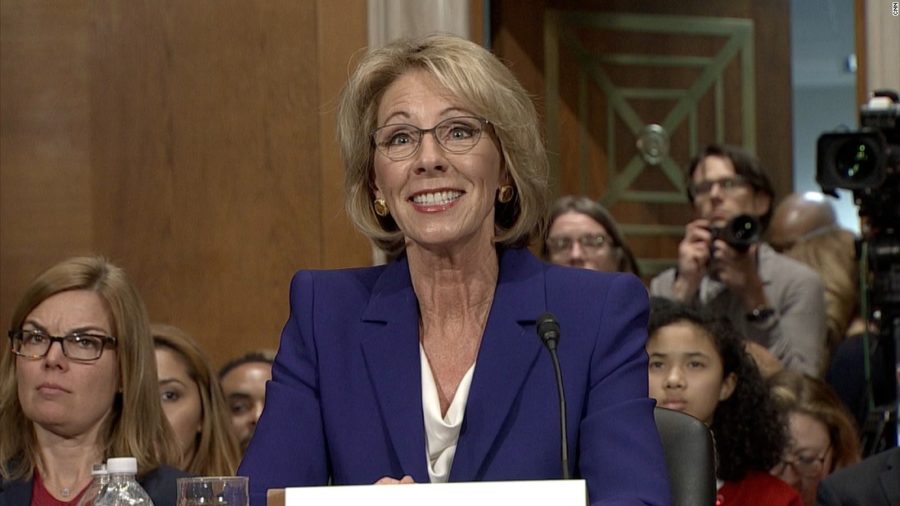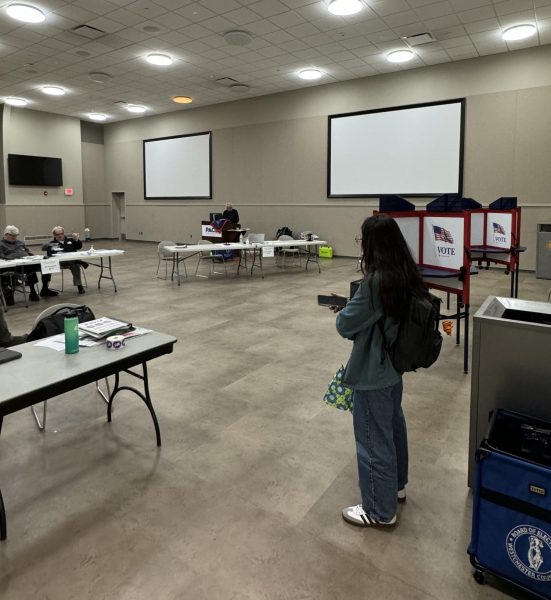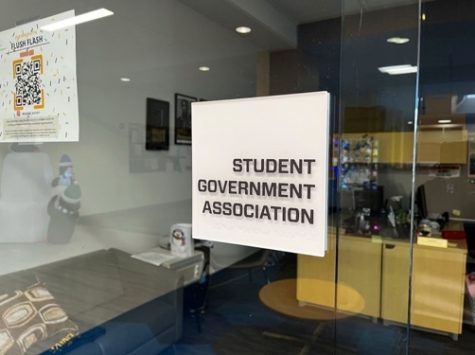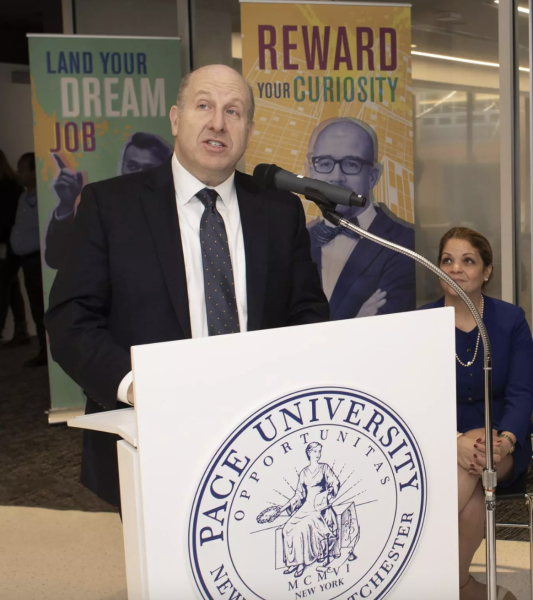Pace Reacts to the New Secretary of Education
February 19, 2017
Pace University School of Education students and faculty members have voiced their displeasure in response to Betsy DeVos being confirmed as Secretary of Education.
Assistant Clinical Professor and Program Coordinator for Special Education at Pace, Dr. Jennifer Pankowski has taught in both public and private schools and believes DeVos lacks the experience to be Secretary of Education.
“I was concerned of her own background,” Pankowski said. “To imagine someone who herself been privately educated, her children have been privately educated, her grandchildren are currently being privately educated. She funds private education.”
DeVos is a former Republican Party chairwoman in Michigan and chair of the pro-school-choice advocacy group American Federation for Children, in that role she was active in privatizing public education by working to create programs and pass laws that require the use of public funds to pay for private school tuition in the form of vouchers and similar programs, according to The Washington Post
DeVos’ prioritization of private education worries Pankowski.
“[DeVos] is representing all of the American students, not just the ones in the private sector,” Pankowski said. “It would be very difficult for her to have an objective lens when that’s all she’s ever known.”
DeVos was also an advocate of the spread of charter schools across Michigan, a trend that she would like to continue.
Pankowski taught in a charter school but is a skeptic of them because of its ability to pick and choose children.
“If you have a severe disability, their argument will be that we can’t support you,” Pankowski said. “Or if your child speaks a language that no one is certified in, then your child will not be accepted. If your child has a significant behavior challenge, then they won’t be accepted.
“In the United States, we are obligated to educate every child. Whether they are throwing a tantrum or have a very low I.Q. Whatever it is we are obligated to educate them, but charters are able to turn them away. So if charters are taking government funding which is supposed to be allocated for all children and then charters are saying you can’t go to this school.”
Sophomore Jeremy Langdale, who studies Adolescent Education, shares the same doubts about DeVos that Pankowski does.
“I had always pictured my future that I will work at a public high school, teach history and it would be fun,” Langdale said. “After hearing her getting confirmed as Secretary of Education shifted all of that and it scared me. It kind of concerns me now because I have no idea what my future has in store for me it terms of being a teacher.”
But while Pankowski feels the same concern, she believes, now more than ever, the country needs qualified students who have a desire to teach.
“We are not going to be able to do away with public schools, it’s going to take the ones that are most passionate about education to stay in those jobs,” Pankowski said. “So I have been telling my students this all the time.”












